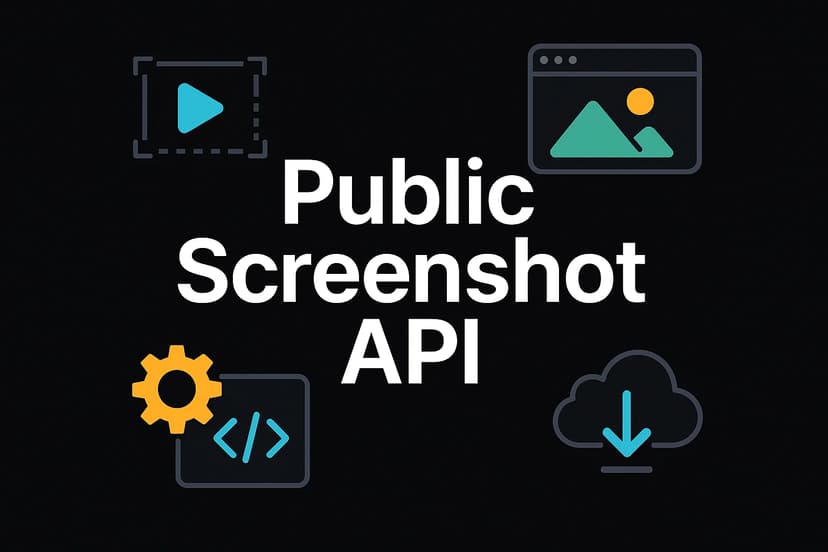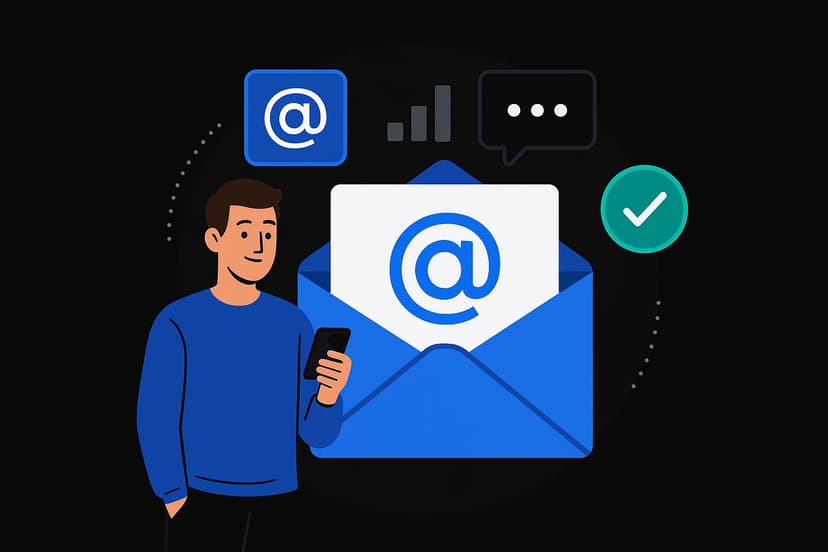Is it too early to start link building for my new app?
Timing is everything in the world of SEO and link building.
For a new project, it's tempting to jump straight into link building.
But hold your horses – there's a strategic approach that could yield better results.
Here's why waiting might be your best bet:
- Content is king: Backlink targets prefer linking to valuable resources
- First impressions matter: A polished landing page builds credibility
- Offer value: An affiliate program or robust blog can entice link partners
However, early outreach isn't entirely off the table. Consider:
- Seeking interviews or press coverage for your upcoming launch
- Connecting with industry influencers for potential collaborations
- Using LinkDR to identify and warm up key players in your niche The sweet spot? Start your link building campaign when you have a minimal viable product and content to showcase. This approach ensures you're putting your best foot forward and maximizing your link building efforts.
Still trying to figure it out? Book a quick demo with out team or keep on reading:
App Launch Checklist: Signs You're Ready to Start Link Building

Before starting with link building, make sure you meet these criteria:
- Your website is live and fully functional
- You have a clear, compelling landing page
- You've published at least 1-3 high-quality blog posts or resources
- Your product or service is ready for users (or close to launch)
- You have a unique value proposition to offer potential link partners
Minimum Viable Product (MVP) Approach to SEO

Consider adopting an MVP approach to link building:
- Start Small: Begin with a core set of high-quality pages and resources.
- Iterate: Continuously improve and expand your content based on feedback and rankings.
- Scale Gradually: As your content grows, so can your link-building efforts.
Best Practices for Early-Stage Link Building
- Focus on Quality: Prioritize creating exceptional content over quantity. You only need 1 or 2 REALLY GOOD blog posts to get started. Not 1,000+ AI-written ones!
- Target Relevant Niches: Seek links from websites closely related to your industry.
- Leverage Relationships: Reach out to existing contacts, friends and partners first.
- Monitor Competitors: Use link-building tools like LinkDR to identify link opportunities your competitors are leveraging.
Content Ideas to Prepare for Link Building
- Comprehensive Guides: Create in-depth resources on topics relevant to your niche.
- Industry Statistics: Compile and analyze data that others might want to reference.
- Tool Comparisons: If you're launching an app like LinkDR, create comparison articles with competitors.
- Case Studies: Showcase early successes or interesting use cases of your product.
Testing Your Offer
Before full-scale link building:
- Soft Launch: Share your content with a small, trusted group for feedback.
- A/B Test: Try different pitches or value propositions with a limited audience.
- Gather Testimonials: Collect early user feedback to bolster your credibility.
Pitfalls to Avoid
- Premature Outreach: Reaching out before your site is ready can harm your reputation.
- Ignoring User Experience: Ensure your site is easy to navigate and fast-loading.
- Overlooking Mobile Optimization: With mobile-first indexing, this is crucial. Test your site on your phone first.
- Neglecting On-Page SEO: Optimize your content before seeking backlinks. Order an SEO audit to check.
Pros and Cons of Starting Early
Pros:
- Early mover advantage in your niche
- More time to build relationships
- Opportunity to gather feedback and improve
Cons:
- Risk of making a poor first impression
- Potentially wasted efforts if your offering changes significantly
- Lower success rate due to limited content or value proposition
Opportunities in Early-Stage Link Building
- Press Coverage: Reach out to industry publications about your upcoming launch.
- Interviews: Offer insights as a founder or industry expert.
- Beta Testing: Invite influencers to test your product in exchange for feedback (and potentially links).
- Partnerships: Explore co-marketing opportunities with complementary businesses.
Alternatives to Traditional Link Building
While waiting to be fully ready for link building, consider:
- Social Media Presence: Build a following and engage with your audience.
- Content Syndication: Share your content on platforms like Medium or LinkedIn.
- Guest Posting: Contribute to established blogs in your niche.
- Podcast Appearances: Share your expertise on relevant podcasts.
Conclusion
Starting link building for a new website is a delicate balance.
While it's tempting to begin immediately, waiting until you have a solid foundation can yield better long-term results.
Focus on creating valuable content, optimizing your site, and building relationships in your industry.
When you're ready, tools like LinkDR can help you identify and reach out to potential link partners effectively.
Remember, link building is a marathon, not a sprint. By taking the time to prepare properly, you'll set yourself up for sustainable success in the competitive world of SEO.
Ready to start your link building journey? Explore how LinkDR can supercharge your outreach efforts and automate your backlink acquisition. Learn more about LinkDR



